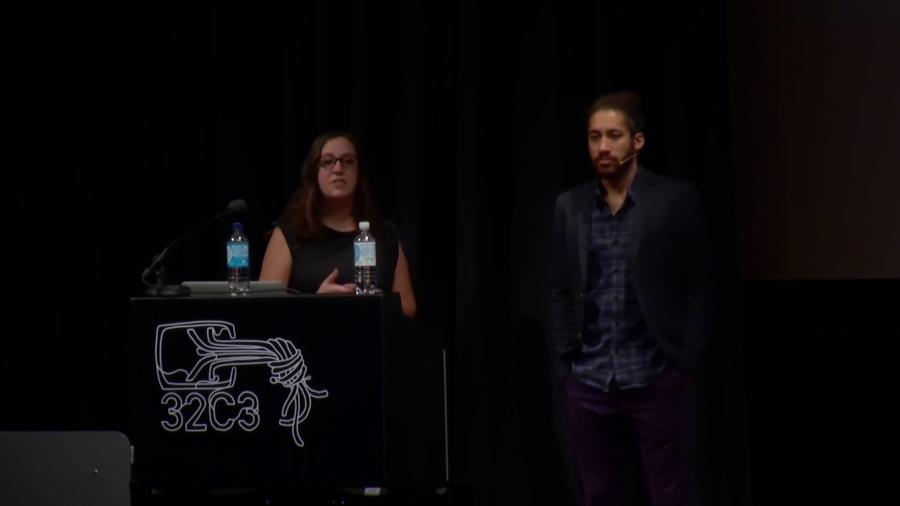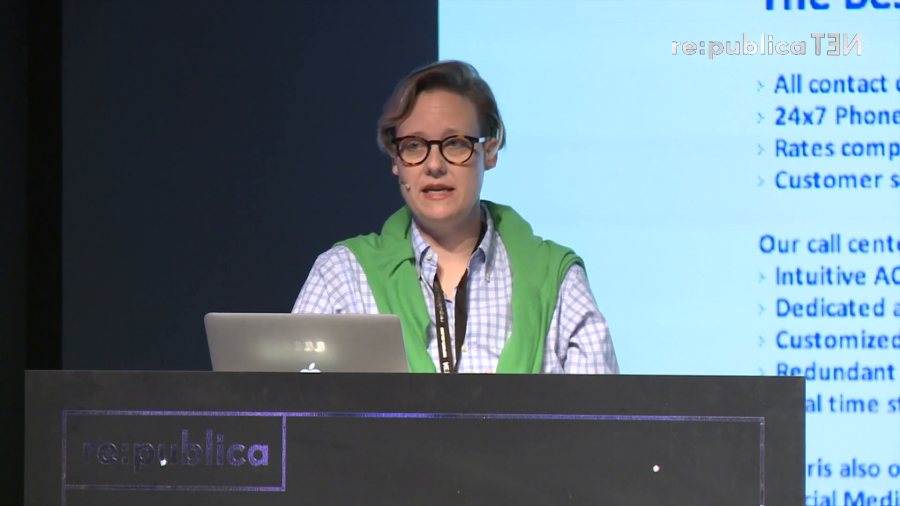When I asked my peers and my professors if they’d ever heard of this type of work, two things happened. The first thing is that they said no, they hadn’t. The second thing they said, which is probably what you’re thinking, is, “Well, can’t computers do that?” And in fact the answer to that is no.
Archive

We have to be aware that when you create magic or occult things, when they go wrong they become horror. Because we create technologies to soothe our cultural and social anxieties, in a way. We create these things because we’re worried about security, we’re worried about climate change, we’re worried about threat of terrorism. Whatever it is. And these devices provide a kind of stopgap for helping us feel safe or protected or whatever.

Social media companies have an unparalleled amount of influence over our modern communications. […] These companies also play a huge role in shaping our global outlook on morality and what constitutes it. So the ways in which we perceive different imagery, different speech, is being increasingly defined by the regulations that these platforms put upon us [in] our daily activities on them.

